
Wine sector celebrates award winners
PENTICTON – The Wyse family of Oliver’s Burrowing Owl Estate Winery took home the Canadian…

Contracts cancelled for beekeepers
Weather is often a significant issue for beekeepers as it can have a direct impact…

Triple-whammy for farm income
BC farmgate sales are set to rise 2% this year to $4.8 billion, but net…
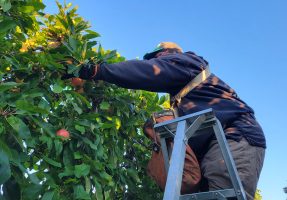
Domestic labour gap grows
New figures from the Canadian Agricultural Human Resource Council indicate a growing farm labour gap…
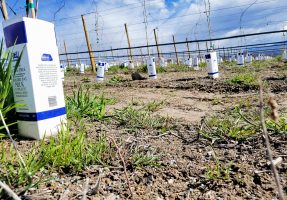
New replant funding announced
A new $70.5 million replant program was announced March 13 at the BC Wine Insight…
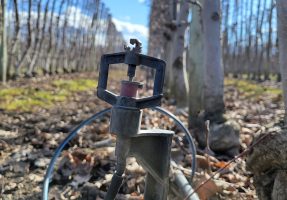
Drought preparations spring ahead
The BC government has started preparing for potential drought and wildfire this summer with the…

Spring freshet risk low
The province’s latest Snow Survey and Water Supply bulletin has some good news on the…
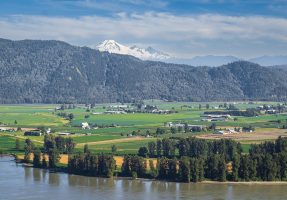
BC farmland values fall
BC farmland values fell 3.1% last year, Farm Credit Canada reported this week, the first…

Spray Creek wins BC OYF
Aubyn and Tristan Banwell of Spray Creek Ranch near Lillooet were named BC & Yukon…

Confined spaces in spotlight
This week marks Canadian Agricultural Safety Week, an annual reminder from the Canadian Agricultural Safety…
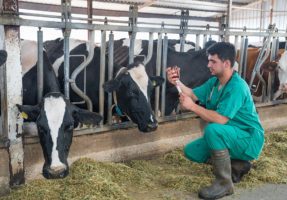
Province surveys producers on vet services
A survey on the services of the province’s Animal Health Centre wraps up this week…

BC Cherry holds AGM
The BC Cherry Association held its annual general meeting in Kelowna on February 23. While…

BC Veg mandate questioned
The recent expansion of the BC Vegetable Marketing Commission’s mandate to the entire province has…
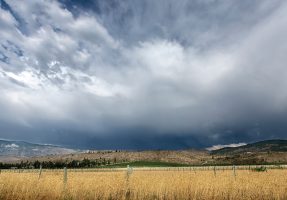
Forecasting will improve with AI technology
ABBOTSFORD – Producers can’t control the weather, but they absolutely need the most accurate forecasts…
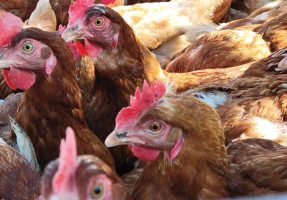
New abattoir offers lifeline to local farmers
COURTENAY – After nearly five years in the making, Christine Mooney is excited to be…
FARM NEWS UPDATE
Sign up for free weekly FARM NEWS UPDATES
By submitting this form, you are consenting to receive marketing emails from: . You can revoke your consent to receive emails at any time by using the SafeUnsubscribe® link, found at the bottom of every email. Emails are serviced by Constant Contact
shared or sold ever
